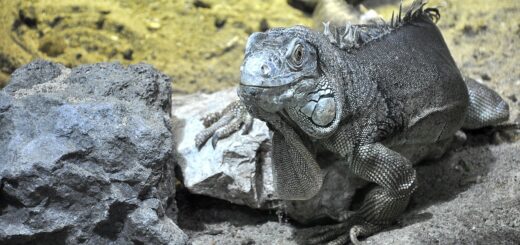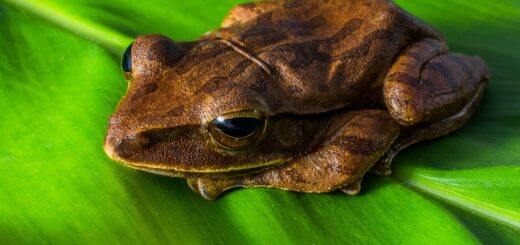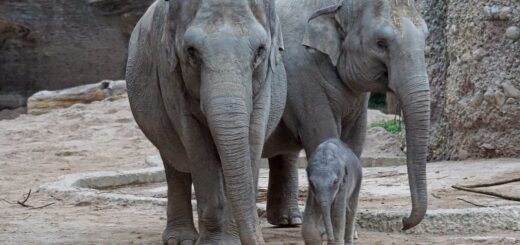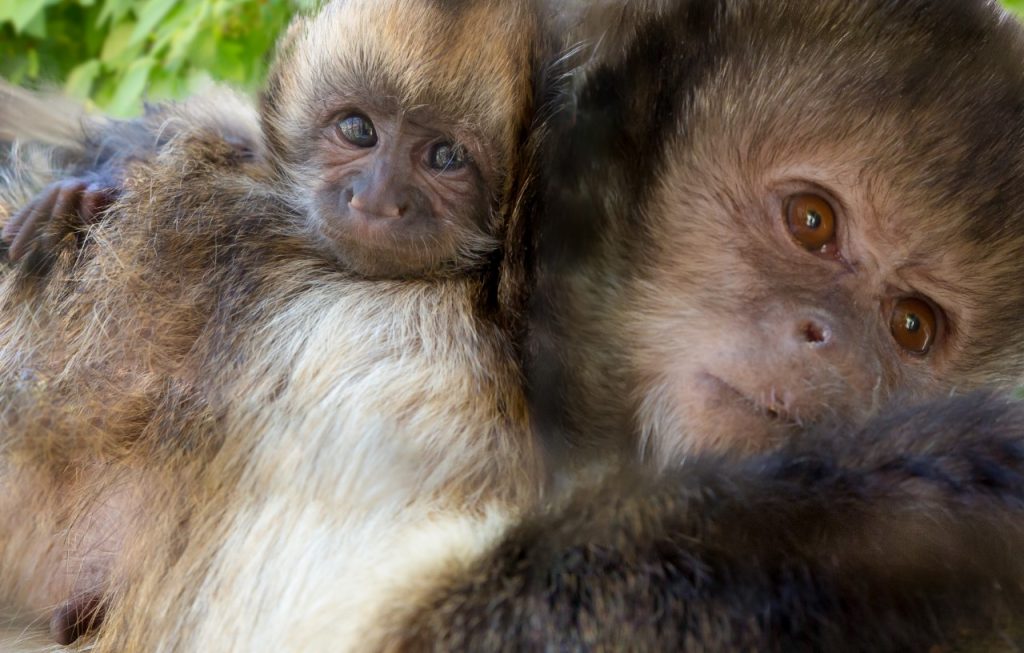Evaluation of the nutritional status of rehabilitated green sea turtles (Chelonia mydas) utilizing nutritional markers, stable isotopes, and metagenomics
Citation
Bloodgood JCG, Norton TM, Hoopes LA, Hernandez SM. 2015. Evaluation of the nutritional status of rehabilitated green sea turtles (Chelonia mydas) utilizing nutritional markers, stable isotopes, and metagenomics. In Bissell H, Brooks M Eds. Proceedings of the Eleventh Conference on Zoo and Wildlife Nutrition, AZA Nutrition Advisory Group, Portland, OR.
Abstract
Green sea turtles (Chelonia mydas) are unique because hatchlings and pelagic juveniles are carnivorous, while later life history stages are primarily herbivorous. Dietary requirements at each life stage are poorly understood, making diet selection during rehabilitation of injured and sick animals challenging. Although turtles are typically transitioned to an herbivorous diet before release, food items high in animal protein (e.g., fish, shrimp, and squid) are often offered/consumed early in rehabilitation to combat poor appetite and emaciation. This may result in gastrointestinal pathologies and potential obesity.
 26_Bloodgood.pdf 13 KB
26_Bloodgood.pdf 13 KB








